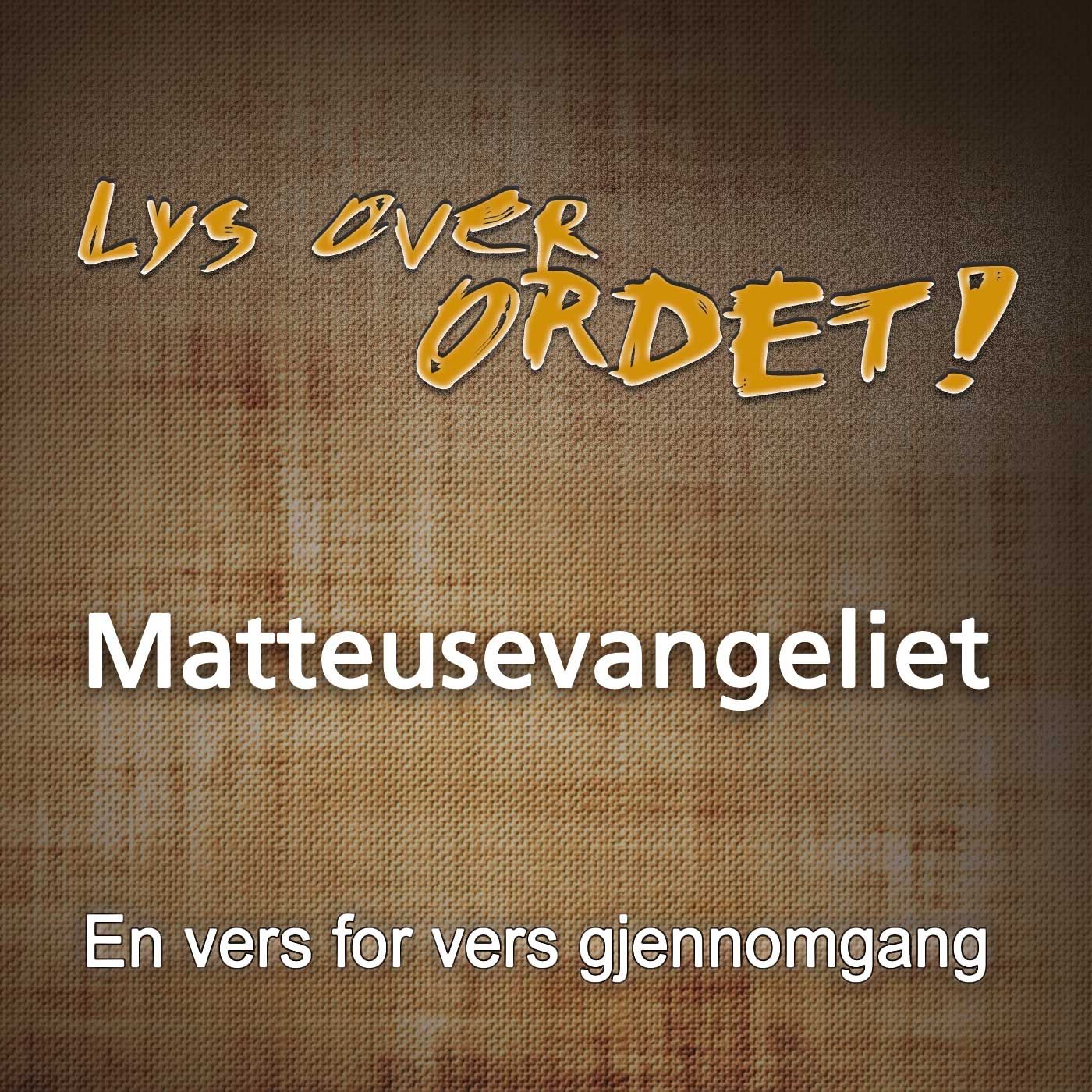 |
Bhagavad Gita DiscoursesThe Song Celestial unfolds a dialogue of the advice given by an avatar or God incarnate. The recipient of the message is Arjuna, the prototype of the struggling human soul who is ready to receive the great knowledge by his close companionship and inc
The Song Celestial unfolds a dialogue of the advice given by an avatar or God incarnate. The recipient of the message is Arjuna, the prototype of the struggling human soul who is ready to receive the great knowledge by his close companionship and increasing nearness to the divine Self within himself. This symbolic companionship of Krishna and Arjuna, the divine and the human soul is further dramatized by the fact that their dialogue takes place amidst the din and clamor of a battlefield. The teacher in the Gita is therefore not only the God who is transcendent but also the God in man who unveils Himself through an increasing knowledge... Vanamali, Nitya Yoga. Aldous Huxley, asserts that The Bhagavad Gita occupies an intermediate position between scripture and theology; for it combines the poetical qualities of the first with the clear-cut methodicalness of the second. The book may be described writes Ananda K. Coomaraswamy in his admirable Hinduism and Buddhism, as a compendium of the whole doctrine to be found in the earlier Vedas, Brahmanas and Upanishads, and being therefore the basis of all the The later developments, it can be regarded as the focus of all Indian religion......But this focus of Indian religion is also one of the clearest and most comprehensive summaries of the perennial philosophy ever to have been made. Hence its enduring value, not only for Indians, but for all mankind.The Bhagavad Gita (Song Celestial) offers an understanding of The Great Mystery, which has inspired many of the giants of the Western intellectual tradition. The transcendentalist poets Emerson, Thoreau, and Whitman were students of The Bhagavad Gita. Thoreau wrote: In the morning I bathe my intellect in the stupendous cosmological philosophy of The Bhagavad Gita, in comparison with which our modern world and its literature seem puny and trivial.Emerson, referring to the Gita, wrote: It was the first of books. It was as if an empire spoke to us, nothing small or unworthy, but la Language: en Genres: Hinduism, Religion & Spirituality Contact email: Get it Feed URL: Get it iTunes ID: Get it |
Listen Now...
Wednesday, 1 January, 1000







